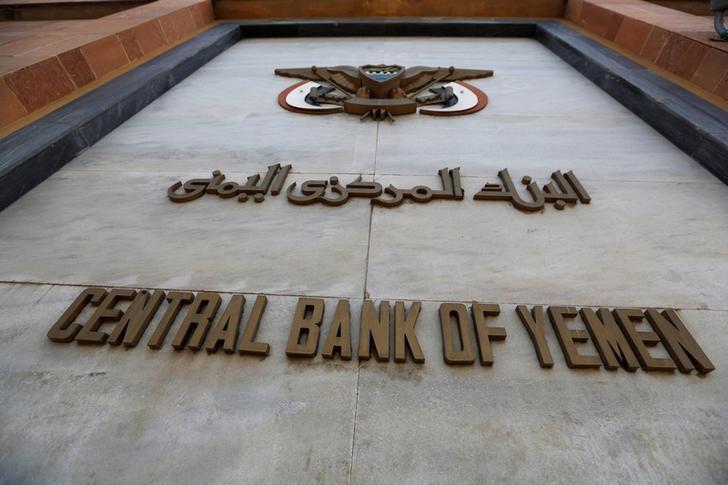Jeddah – Banks under control of insurgent militias are on the brink of bankruptcy, according to financial experts.
Economical and financial experts stressed that the deposits that were supposed to be in the banks, are now in danger shall the government not intervene rapidly to secure the funds. This comes after signs revealed that a number of banks are about to declare their bankruptcy.
Economic expert Dr. Mohammed Halboub considers that Houthis’ insurgency will have serious economic and financial ramifications in Yemen.
Halboub stressed that the insurgency is the main reason for the deteriorating economic situation in the country which has caused the foreclosure of commercial banks. He added that Houthis’ large spending on military efforts as well as their lack of comprehension of financial issues, had led the public to lose faith in the Yemeni banking system.
The expert said that the banks under Houthis’ control are in worse condition than those in the liberated areas due to the economic decisions they made.
In case of bankruptcy, Halboub explained that the government will grant each depositor an amount of two million Yemeni riyals.
The economic expert predicted an increased number of withdrawals in the upcoming days, calling the legitimacy to support the banks and financial institutions to prevent their economic failure.
Chairman of the Yemeni Studies and Economic Media Center Mustafa Nasr said that the lack of liquidity in Yemeni banks is due to the financial crisis that resulted of the outflow of funds. He pointed out that this has alarmed the people especially now that banks under insurgents’ control are at risk.
He further indicated that the financial crisis affected the bank and the economic situation, adding that most civilians lost their trust in the banking system and withdrew their money, which was one of the reasons that had several banks on the brink of bankruptcy.
Nasr said that the Central Bank of Yemen was in charge of selling bonds, and commercial banks would buy them with a limited interest ranging between 16 and 18%. He added that since the central bank declared its bankruptcy and can no longer sell notes, and banks are not able to buy, commercial banks had lost their most vital source.
According to the chairman, relocating the headquarters of banks from Sanaa, which is under insurgency’s control, to Aden would change the situation.
Concerning the role of the legitimacy amid this crisis, Nasr believed that it should continue to operate the central bank in Aden. He added that they should prepare for the move of main branches of commercial and Islamic banks to Aden to promote the economic cycle.
